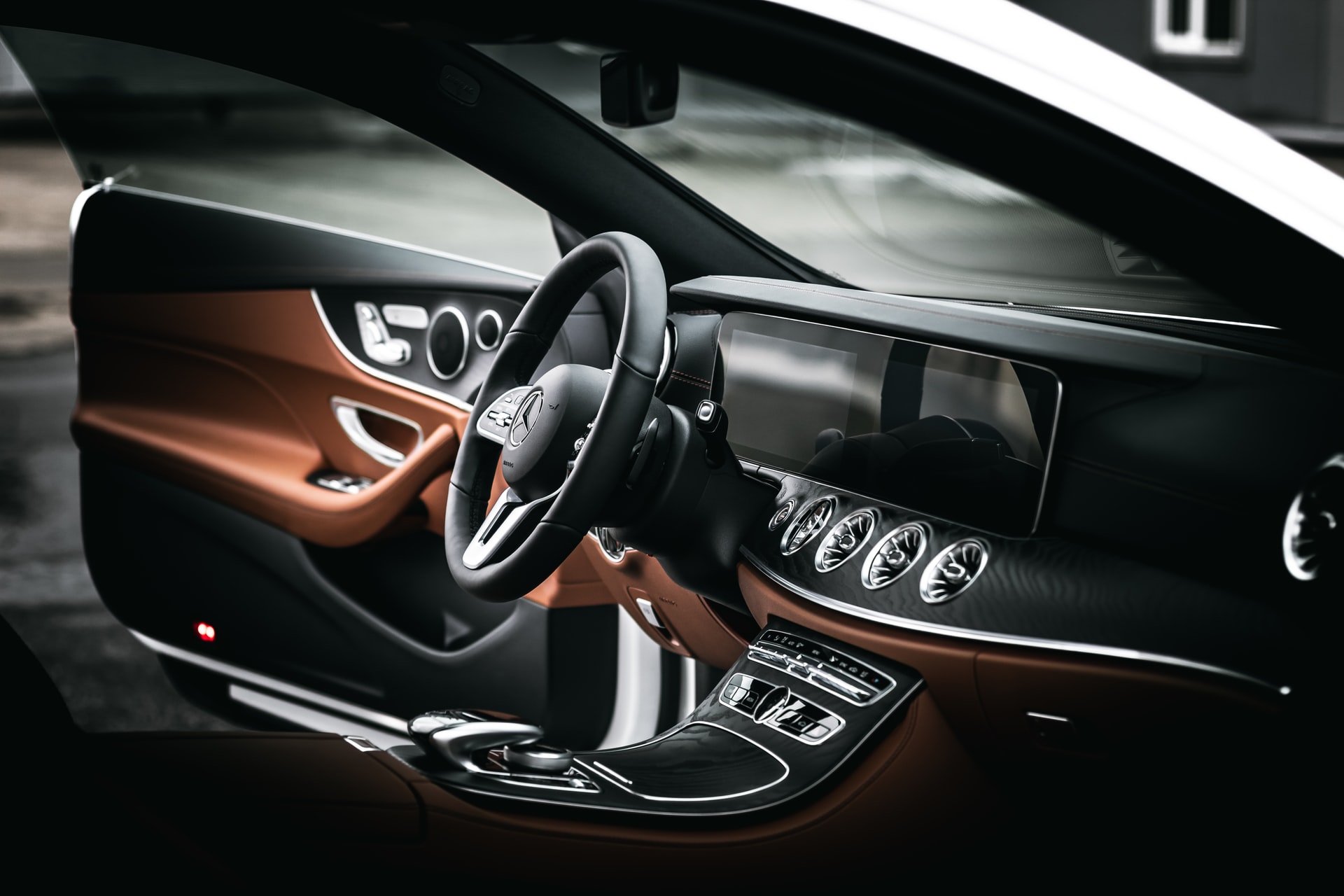Over the past few years, Bangladesh has achieved considerable economic growth, with a GDP of over 7% achieved in recent years. The rise in foreign investments and the relatively low unemployment rate mean that startups and small and medium businesses are continuing to launch and thrive. If you are an entrepreneur with a product- or service-based business and you think it is time to buy a vehicle for your business, there are many important considerations to bear in mind. These include finding a way to get from point A to B while keeping your carbon footprint as low as possible.
Choosing a Reliable Car
Company vehicles are usually chosen for one reason: your staff needs to visit clients frequently, or they need to deliver goods to a variety of places. Regardless of the reason, company cars tend to rack up more kilometers, and this means you will need a car that can withstand a bit of wear and tear. Well-rated and reviewed vehicles are a good place to start when looking at various options. Key qualities to look for include maintenance needs. A sturdy car should not need much more than normal repairs, including oil and filter changes, new spark plugs and brake pads, and a change of tires once a specific number of kilometers have been completed.
Consider Leasing as an Option
Some companies prefer to lease rather than purchase a car. With a lease, companies can pay less per month than a car loan would cost but when the lease ends, they will not own the car, unless the lease offers an option to purchase at the end of the agreement. Whether or not you decide to lease or buy depends on a number of factors, including the number of kilometers the company vehicle is expected to complete per year. If most of your clients are nearby and you can keep your mileage low, buying a car may be of interest, since you can re-sell it at a relatively good value if you have kept it in good condition. The upside of leasing is that everything is usually covered by your monthly payments, including maintenance and change of tires.
Aim for Fuel Economy
Cities like Dhaka are known to have a high pollution rate. If you need to drive a company vehicle, why not choose one that helps improve your city’s air quality? There are many affordable electric vehicles (EVs) on the market from brands like Kia, Renault, and Hyundai. EVs cause considerably lower carbon emissions than conventional cars. Research has shown, for instance, that the Nissan LEAF (one of the most affordable EVs on the market) had lifetime emissions per km that were three times lower than those emitted by petrol or diesel engines.
The Importance of Comprehensive Motor Insurance Policy
There are two different types of motor insurance in Bangladesh: first-party insurance (also called comprehensive insurance) and third-party insurance (which covers damage to third parties). Depending on the sector you work in, investing in first-party insurance may be worthwhile for various reasons. Firstly, a company car needs to be in tip-top condition, since it may be visible to clients. Scratches, broken glass and the like can harm your company’s reputation. Secondly, company vehicles that are used often are more likely to suffer damage from simply maneuvers such as parking. Even if your car is small and budget-priced, it should always be neat, clean, and in optimal condition.
If you find that you are having to make more business trips or deliver goods to longer distances, it might be the right time to invest in a company car. Consumer ratings abound, as do prizes and recognitions for dependability so do your research before visiting concessionaries. Invest in the highest level of insurance you can to ensure your car always looks perfect; this will help establish your brand as one that is professional and trustworthy; one that pays attention to even the smallest details.

Leave a Reply